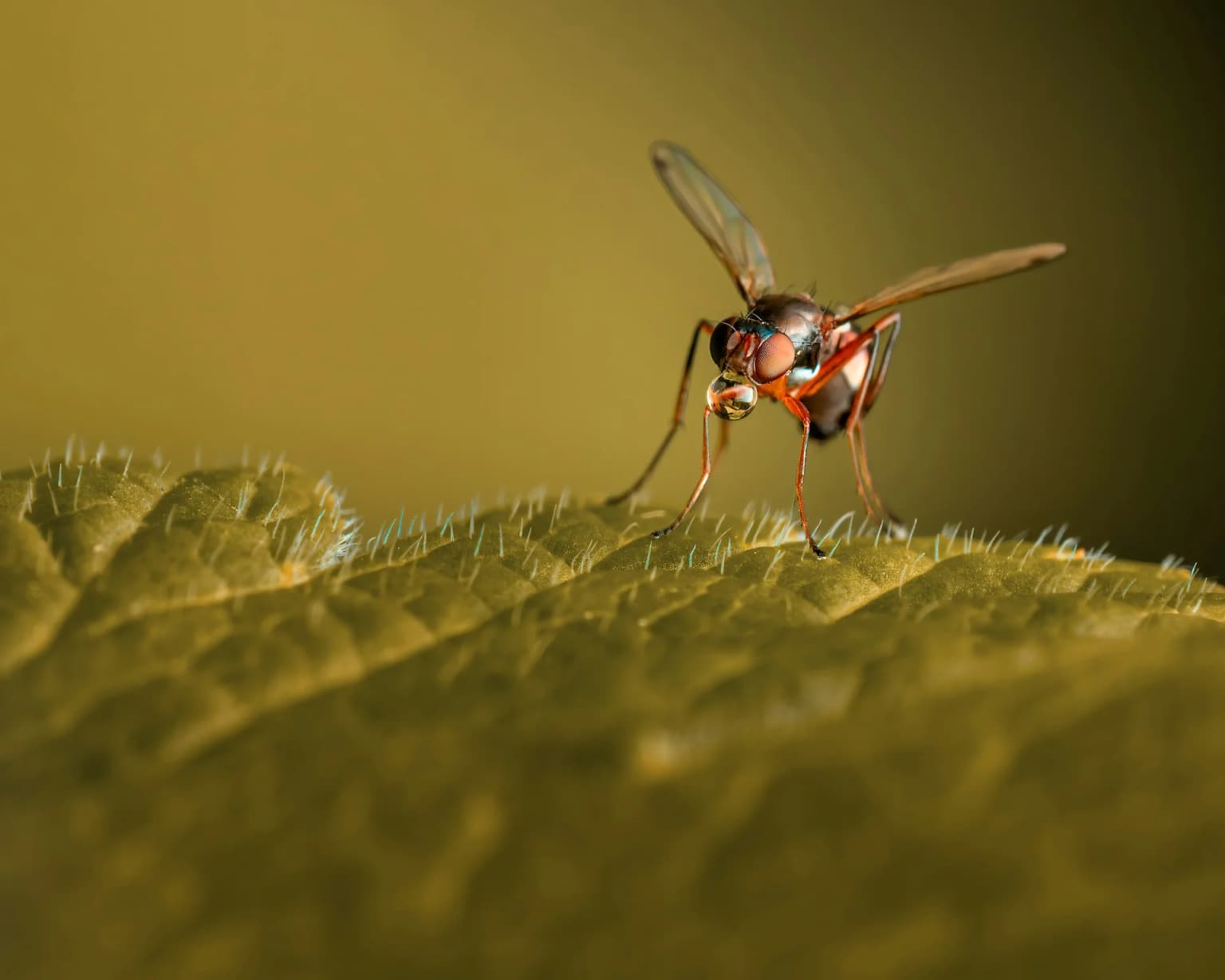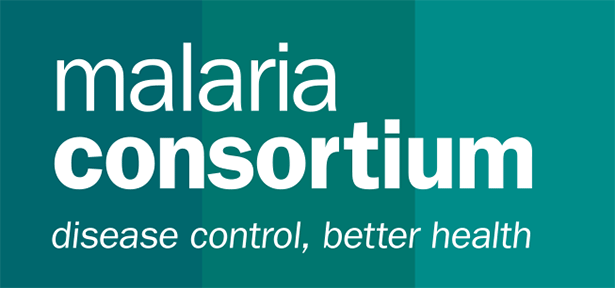
Malaria Consortium

Short description
Prevention and treatment of malaria worldwide.
Organization
Malaria Consortium is a nonprofit organization founded in 2003 and currently active in thirteen countries across Africa and Asia. Its core focus is the prevention, control, and treatment of malaria as well as other neglected tropical and infectious diseases. Particularly noteworthy is its Seasonal Malaria Chemoprevention (SMC) program, which underpins our recommendation.
The SMC program aims to protect young children aged 3 to 59 months during the peak malaria‑transmission season by repeatedly administering antimalarial drugs. Malaria Consortium implements evidence‑based approaches in close cooperation with national health authorities. Prevention is delivered through up to five monthly treatment cycles and follows current WHO recommendations.
The Problem: Malaria
Malaria is one of the deadliest yet entirely preventable infectious diseases worldwide. In 2023 an estimated 263 million malaria cases and about 597,000 deaths were recorded. Children under five account for 76 percent of malaria deaths in Africa. Sub‑Saharan Africa bears the heaviest burden, with 94 percent of global cases and 95 percent of deaths.
Malaria also imposes a substantial economic burden: studies show that it can reduce annual per‑capita GDP growth by an average of 0.5 percentage points. A 90‑percent reduction in malaria burden across Africa could boost the continent’s GDP by a total of US $126 billion by 2030. Investments in malaria control are therefore among the most powerful levers for improving health and economic development.
Despite existing preventive measures, malaria control remains a global priority because of climate change, rising drug resistance, and structural challenges. Adapting programs such as SMC to evolving epidemiological conditions is essential.
Approach
Malaria Consortium supports SMC implementation through a structured combination of household education, drug distribution, continuous monitoring, and operational research. Children receive full treatment courses consisting of sulfadoxine‑pyrimethamine (SP) and amodiaquine (AQ), each providing roughly 28 days of protection.
Implementation is carried out mainly by trained community distributors who deliver the drugs directly to households and supervise proper intake. Parallel program evaluations systematically measure coverage and impact to drive ongoing improvements.
Impact
Evidence shows that SMC can reduce malaria cases in the target group by up to 75 percent. From 2017 to 2021 Malaria Consortium, with GiveWell‑supported funding, reached up to 12.2 million children each year. The estimated total cost for one month of protection is about US $1.50 per child. Post‑intervention analyses indicate that on average 95 percent of target children received at least one round and 65 percent completed all scheduled SMC cycles.
Transparency
Malaria Consortium systematically publishes data on program coverage, cost structures, and effectiveness analyses. Independent evaluators such as GiveWell consistently rate the organization among the most cost‑effective charities worldwide.
Current Projects (as of 2025)
-
Nigeria, Burkina Faso, Togo
- Continuation of national SMC campaigns (up to five cycles)
- Funding period: 2023 – 2025
- Financing: US $87.5 million grant (Open Philanthropy & GiveWell)
-
Chad
- Bridge funding for the final SMC season
- Funding period: 2023 – 2024
- Financing: Part of the grant above
-
South Sudan
- SMC for approximately 78,000 children in two counties
- Funding period: SMC season 2025
- Financing: US $1.1 million grant (GiveWell)
-
Mozambique & Uganda
- Pilot studies on five‑cycle SMC and impact measurement
- Funding period: 2024 – 2026
- Financing: Philanthropic funds + Gates Foundation
-
Nigeria & Uganda
- “Be In A Net” project to increase mosquito‑net use
- Funding period: 2024 – 2025
- Financing: US $1.48 million grant (GiveWell)
All Donation Partners
Discover all organizations supported by Wealth for the World
Support Malaria Consortium
With your donation to Wealth for the World, you can sustainably support Malaria Consortium and other effective organizations
Organization's Website
Learn more about the mission and impact of Malaria Consortium directly on their website
GiveWell Analysis
View detailed impact research and cost-effectiveness analysis from GiveWell
Related Articles
Loading related articles...